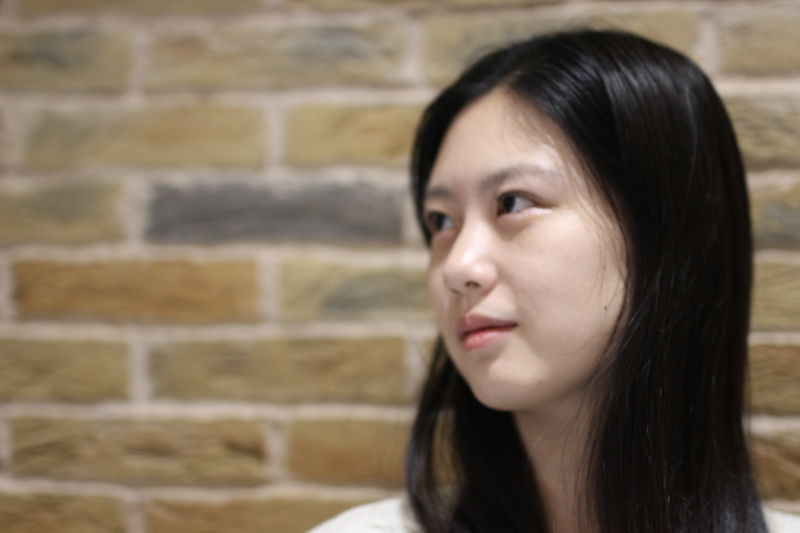We were lucky to catch up with Zichun Wang recently and have shared our conversation below.
Zichun, thanks for taking the time to share your thoughts with us today. We’re excited to dive into your story and your work, but first let’s start with a broader topic that might be stopping many of our readers from pursuing their dreams – haters, nay-sayers, etc. How have you managed to persist despite haters and nay-sayers that inevitably follow folks who are doing something unique, special or off the beaten path?
My insistence and my passion for design and storytelling are anchors. I always remember why I started and the joy of seeing my work come to life. However, not all negative feedback is bad, some can push me to improve. I wish I could absorb the helpful information, and discard the noise.
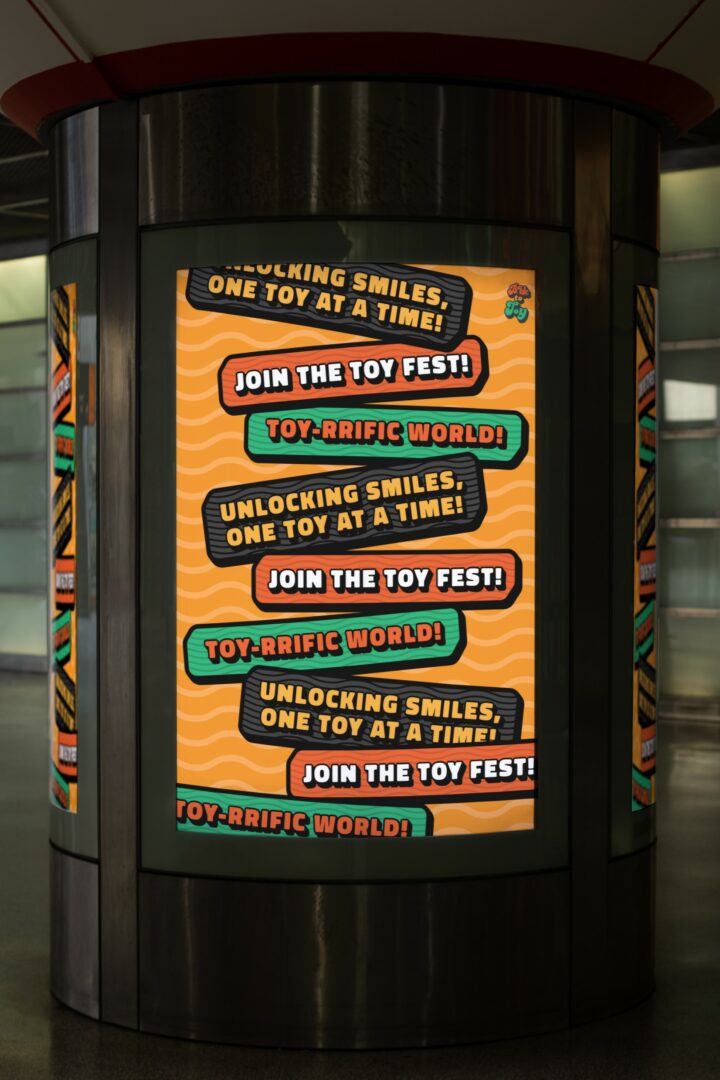
Appreciate the insights and wisdom. Before we dig deeper and ask you about the skills that matter and more, maybe you can tell our readers about yourself?
I am an award-winning motion graphic designer passionate about branding and storytelling through design and animation. My professional journey began at Cision, where I collaborated with cross-functional teams and clients from big brands to develop visual assets for digital ads, promo videos, and social media. After Cision, I joined CNN flashdoc team as a motion graphic designer. My work included animating title sequences, show opens, and transitions for television shows like The Whole Story With Anderson Cooper (Emmy awards), The Many Lives of Martha Stewart, and TV on the Edge. In 2024, I joined National Hockey League as a graphic artist, where I craft visually dynamic content for television and digital platforms. At the same time, I am also freelancing with Collegeboard as a designer who develops animated content for teachers and students.
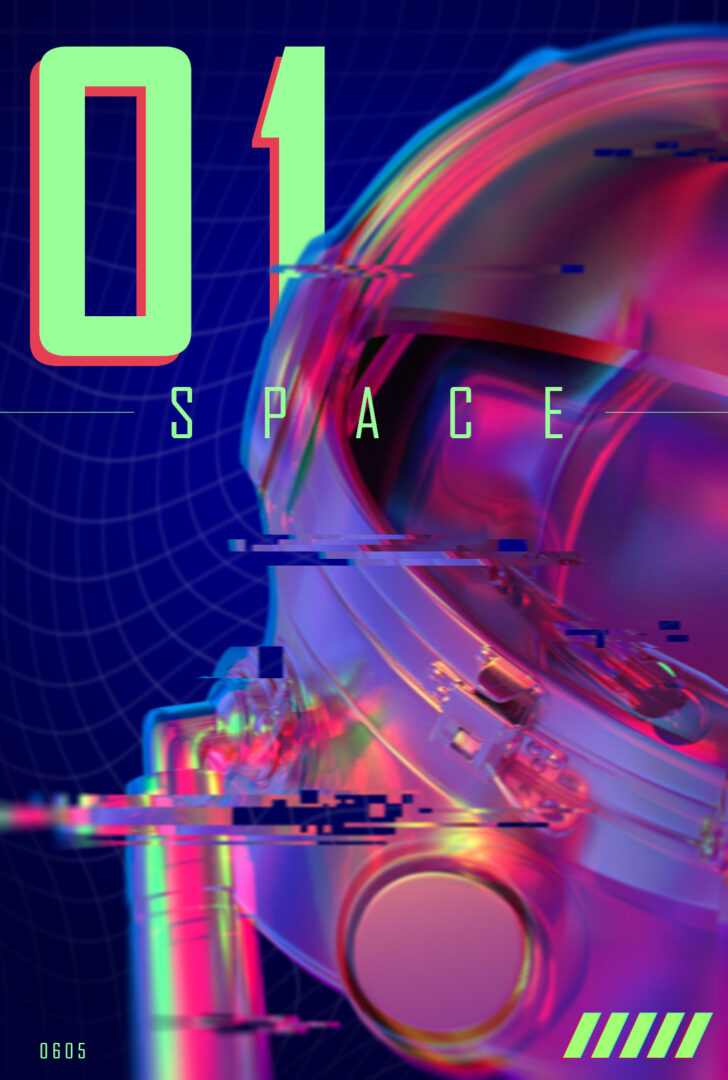
Looking back, what do you think were the three qualities, skills, or areas of knowledge that were most impactful in your journey? What advice do you have for folks who are early in their journey in terms of how they can best develop or improve on these?
For technical skills, proficiency in the use of various design software, like Adobe Creative Cloud, Figma, and Microsoft 365, is the most important skill. For other skills, I think building a support network is also a key to success. Sharing your struggles and wins with people who understand the industry will help you to receive perspective and encouragement from them.
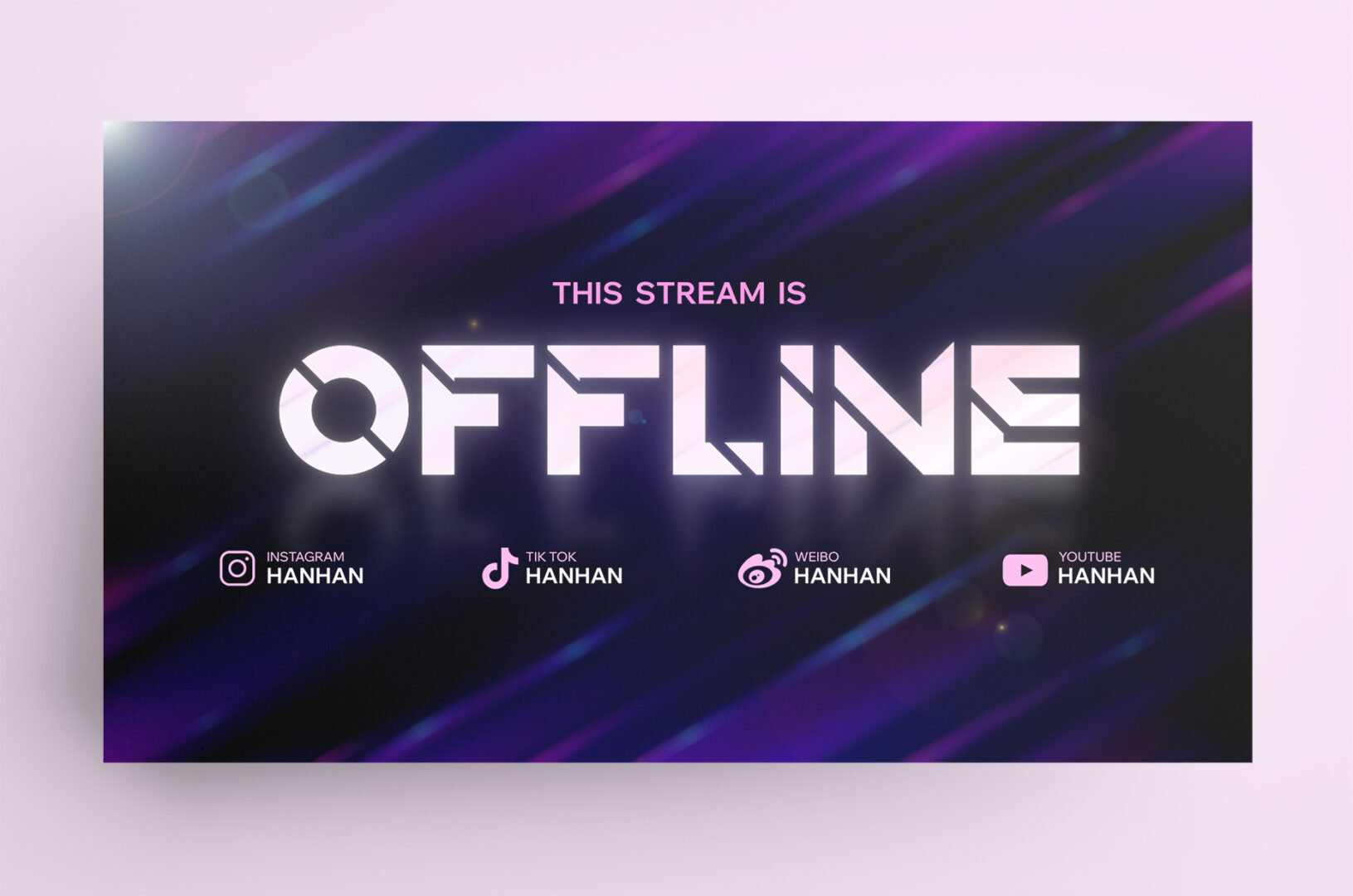
Looking back over the past 12 months or so, what do you think has been your biggest area of improvement or growth?
In the past 12 months, my biggest growth is refining my ability to connect creativity with storytelling in meaningful ways. I’ve worked on narrative long-form shows like The Whole Story with Anderson Copper that demand deeper narrative-driven design and going beyond visuals to craft work that resonates emotionally. I had opportunities to explore more about pacing, timing, and how subtle animations can evoke specific feelings or enhance a message has been transformative.
Contact Info:
- Website: https://www.zichunwang.art/
- Linkedin: https://www.linkedin.com/in/zichun-wang-772787201/
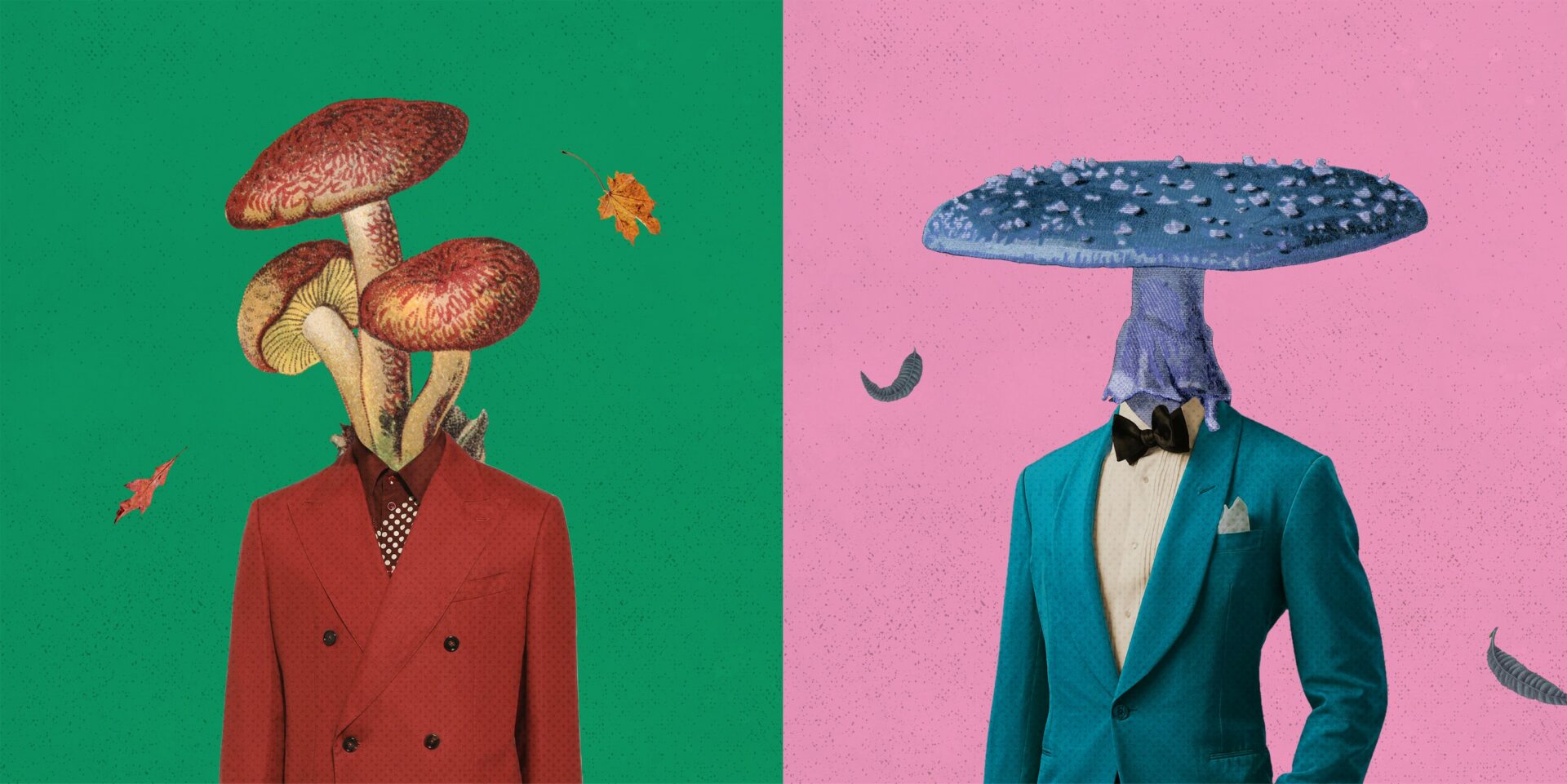
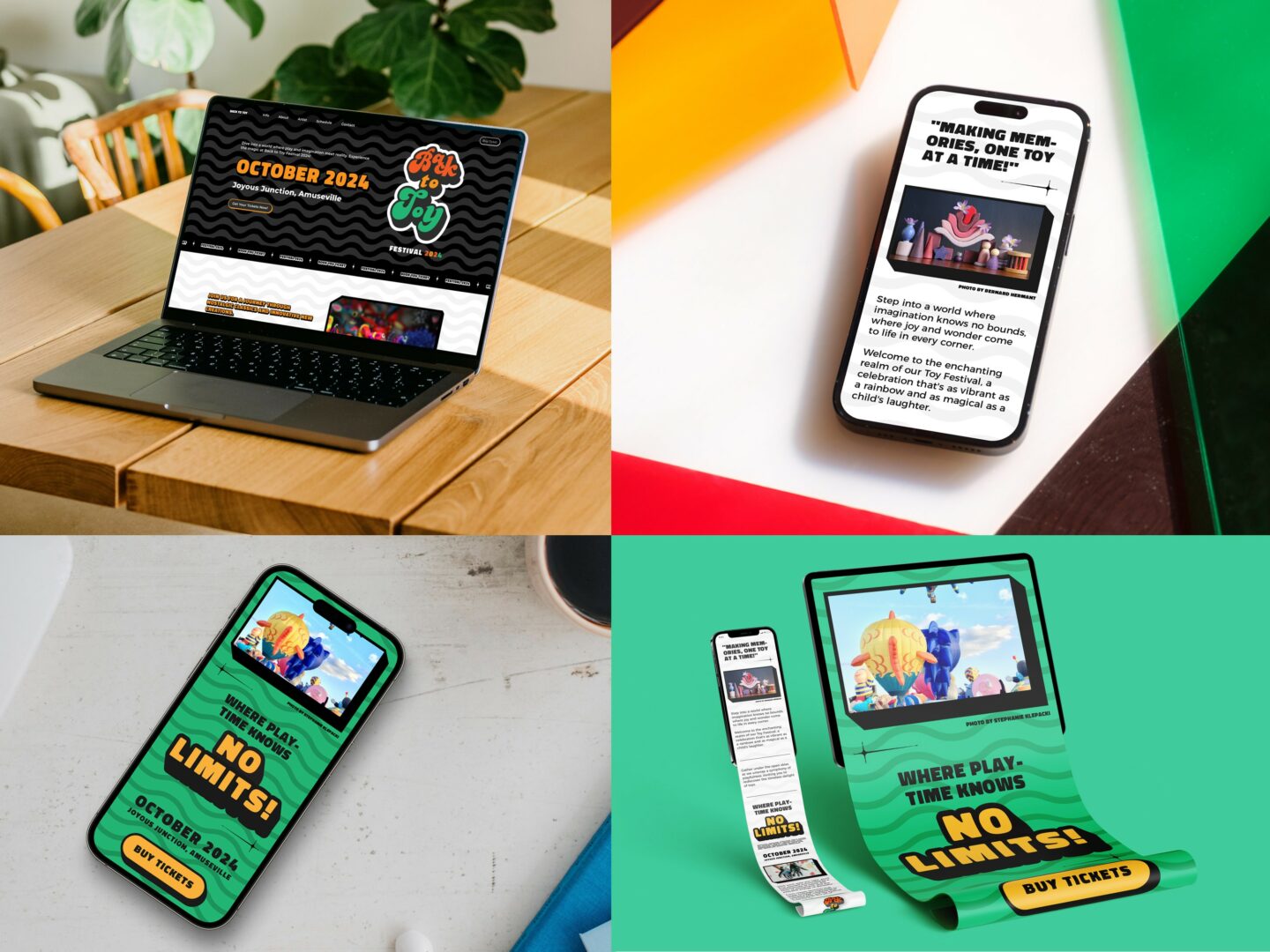
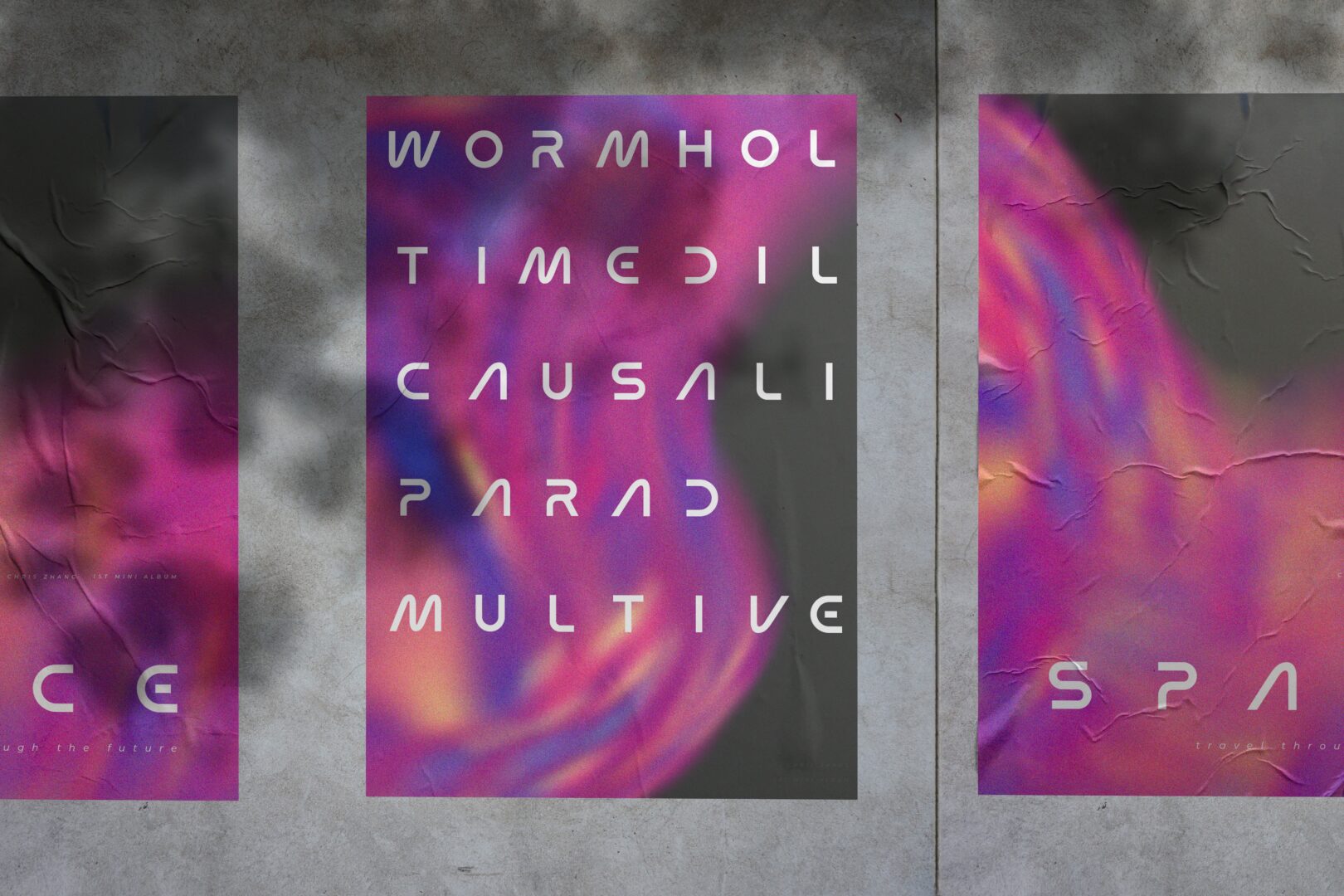
so if you or someone you know deserves recognition please let us know here.

